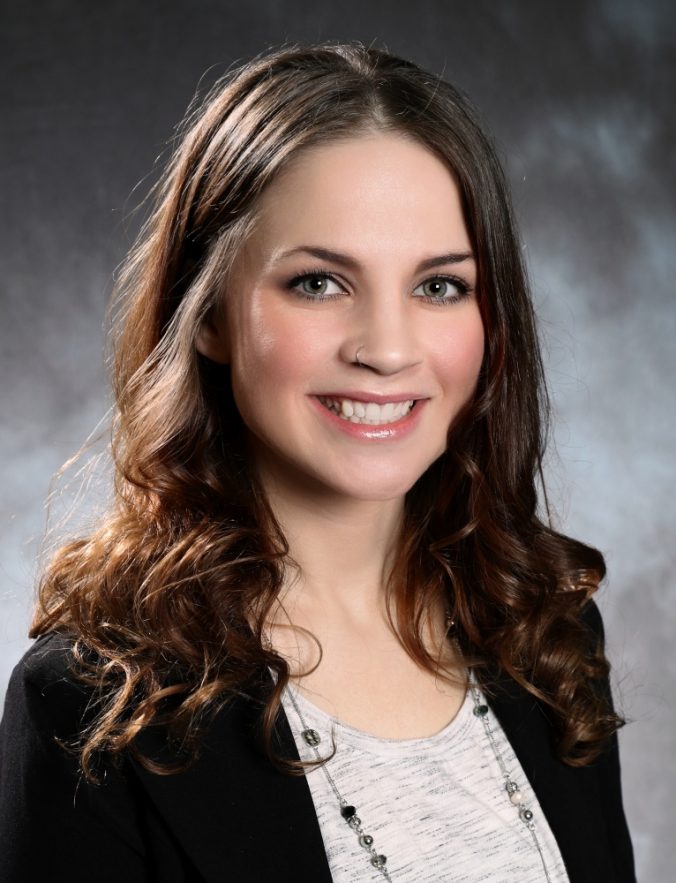- Tell us about yourself: Kelsi Rugo, MA Clinical Mental Health Counseling, Undergraduate ’13, Graduate ’15
- What are you doing now?: I am a PhD student working in the National Center for Veterans Studies at The University of Utah. Here, I do research and clinical work (psychotherapy) with suicidal veterans and service members.
- Why did you choose a program in the School of Education at Gonzaga? I did my undergraduate degree at Gonzaga and knew that a Zag education would far surpass what competing universities could offer me. The holistic education and growth-oriented community at Gonzaga is unique, and quite rare.
- What influenced you the most during your time at Gonzaga? Dr. Lisa Bennett was my faculty advisor during my master’s program at Gonzaga and was a major catalyst in the transformational growth I underwent during the program. She perfectly embodies the Jesuit idea of holistic education by pushing for her students’ intellectual, spiritual, cultural, physical, and emotional growth, which laid the foundation for me to continue this work outside of Gonzaga.
- What was your greatest lesson learned at Gonzaga? The greatest lesson I learned at Gonzaga was to embrace challenging and often painful growth. This never feels easy, but has changed my life in revolutionary ways and continues to shed light on the path forward from here.
- What is the most rewarding aspect of working in your field? Most challenging? The most rewarding part of the work I do is watching veterans and service members have better and live meaningful, fulfilling lives. The most challenging part is learning to take care of myself and reconcile what I hear in my office with my beliefs about the world, as trauma and suicide work can be very depleting at times.
- What critical issues do you see that need to be addressed in your field? One issue that I’m particularly passionate about (and do research on) is clinician competency. In order to provide ethical care and help people become better, we need clinicians who are healthy, well-trained, and prepared to deliver evidence-based interventions competently. However, several barriers stifle access to quality training (financial cost, training status limitations, inadequate mentoring) and eventually impact the quality of care that patients receive from these clinicians down the road.
- What advice do you have for future education professionals? Do the personal work that needs to be done. Heal from your past hurts, explore who you are, connect with an empowering community, and learn hard feedback from others. This kind of personal work will not only serve you well personally, it will also enhance the professional work you do with others.

Leave a Reply